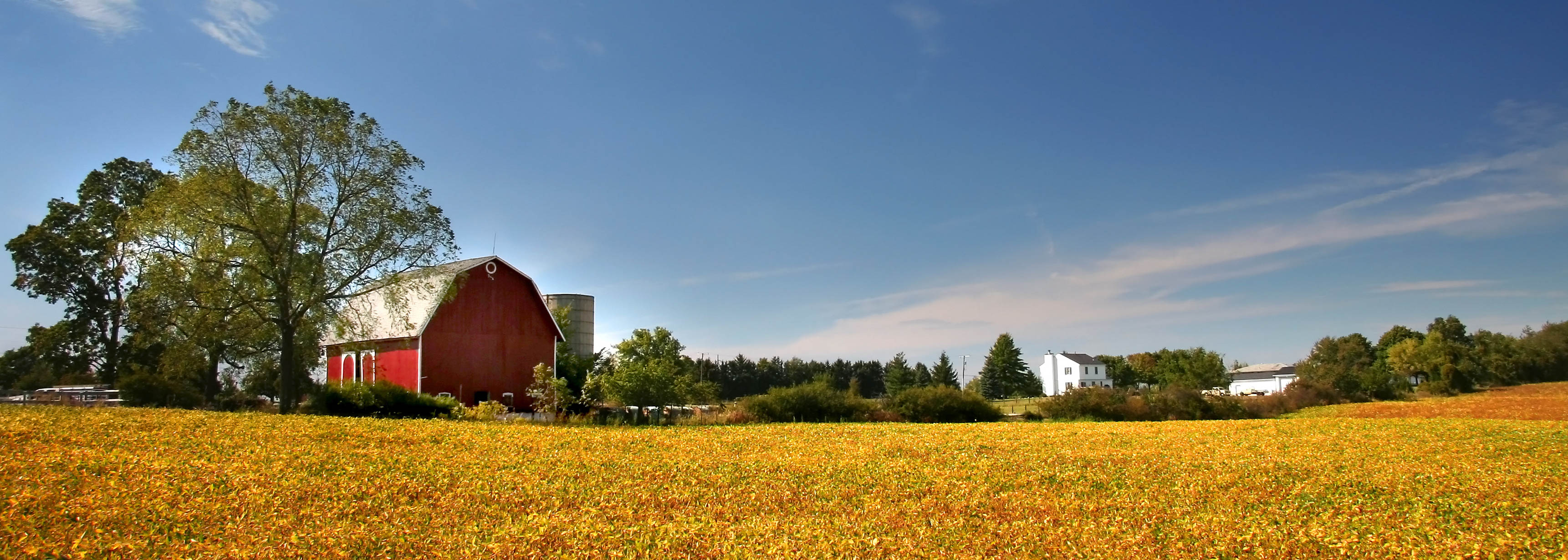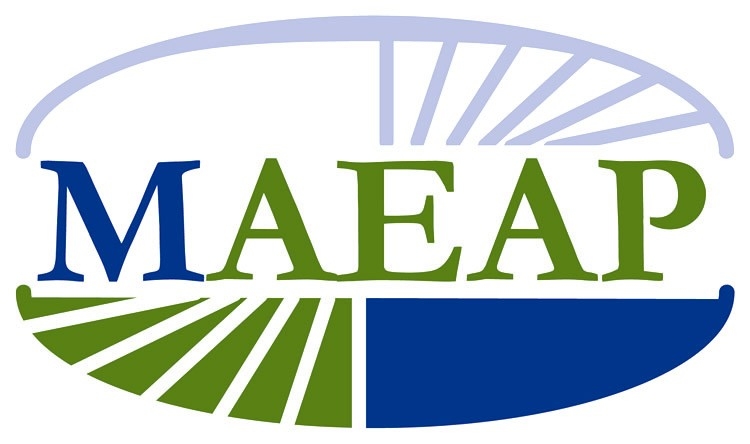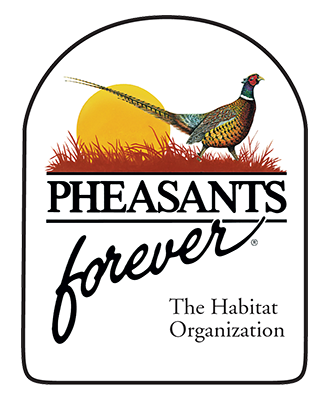|
FARMSWelcome to Michigan’s second-largest industry! Michigan is home to over 53,000 farms – covering over 10 million acres – producing more than 330 unique kinds of farm products each year. Our farmers are vital to Michigan. So too is their land: every farm helps sustain our communities and directly impacts the health of our diverse ecosystems. Michigan Conservation Districts provide cutting-edge land management resources through programs like the Michigan Agriculture Environmental Assurance Program (MAEAP) and USDA’s Farm Bill, helping our farmers realize long-term environmental sustainability now and for generations to come. Our Districts also deliver a wealth of information and assistance to farmers and non-farm landowners alike by facilitating programs and resource applications for landowners with the Michigan Department of Agriculture and Rural Development (MDARD) and the USDA’s Natural Resource Conservation Service (NRCS). We are proud to deliver a wide array of valuable programs to Michigan's farmers, including those outlined below. Contact your local Conservation District for detailed information on programs and assistance available to you!
Michigan Agriculture Environmental Assurance Program (MAEAP)
Voluntary and comprehensive, MAEAP is designed to reduce farmers' legal and environmental risks through a three-phase process:
Michigan Conservation Districts deliver this program at the local level through each District’s water stewardship and/or conservation technicians (AKA: "MAEAP Techs"). Assistance takes many forms, including educational MAEAP meetings, working hand-in-hand with a farmer to examine different aspects of their farm through the four MAEAP risk assessment system tools, and all the way through implementation of environmentally sound practices to reduce identified risks. The four systems — Farmstead, Cropping, Livestock & the Forest, and Wetlands & Habitats – each examine a different aspect of the farm. Working with a Conservation District Water Stewardship Technician, the farmer goes through applicable systems, addressing any concerns found. Once the process is completed, the farm becomes "MAEAP verified." The farm can then display a MAEAP sign, signifying that MAEAP partners recognize the farm is environmentally assured. Discover further details about this key program by reaching out to your local CD office. You can also learn more at the MAEAP website.
USDA's Natural Resource Conservation Service (NRCS)Michigan Conservation Districts are the local partners of the NRCS, offering natural resource conservation programs to help Michiganders reduce soil erosion, improve water quality, increase wildlife habitat, and reduce damage from floods and other natural disasters. Key farming programs Districts facilitate locally include: Agricultural Conservation Easement Program (ACEP)ACEP makes financial assistance available to eligible partners for purchasing Agricultural Land Easements that protect the agricultural use and conservation values of eligible land. In the case of working farms, the program helps farmers and ranchers keep their land in agriculture. The program also protects grazing uses and related conservation values by conserving grassland, including rangeland, pastureland and shrubland. Eligible partners include American Indian tribes, state and local governments, and non-governmental organizations that have farmland, rangeland or grassland protection programs. Environmental Quality Incentives Program (EQIP)The EQIP program supports farm production and environmental quality as compatible goals. Our Districts facilitate EQIP on the local level, aiding NRCS in rolling out financial and technical assistance through this voluntary program. In the 2014 Farm Bill, several programs were rolled into EQIP, which now provides a comprehensive array of assistance to address natural resource concerns, and deliver environmental benefits like improved water and air quality, conserved ground and surface water, reduced soil erosion and sedimentation, and improved/created wildlife habitat. Through EQIP, farmers, ranchers, private forest landowners, and American Indian tribes can receive financial and technical assistance to implement structural and land management conservation practices on eligible farmland. Conservation Stewardship Program (CSP)The CSP was created to provide financial and technical assistance for eligible farmers to conserve and enhance soil, water, air, and other natural resources on their farmland and private forests. In Michigan, the CSP’s focus is on impacts to natural resources of specific concern for designated geographic areas. Successful applicants must enroll their entire agricultural operation, including all agricultural land under the applicant’s control, for the term of the proposed contract. Learn how to get started with the CSP by contacting your local Conservation District. We also highly recommend reviewing NRCS’s “5 Steps to Assistance.”
Forestry Assistance Program (FAP)
Michigan Conservation Districts provide education and one-on-one technical help with local forest health issues for private landowners and communities. Our professional foresters work out of 19 District offices, providing coverage for 46 counties in upper and lower Michigan. Local Conservations Districts provide assistance to help their area's citizens better understand, plan, manage, protect and utilize their forest resources. The program is made available through grants from the Michigan Department of Agriculture and Rural Development (MDARD). Note that the FAP strives to not compete with private sector business. Our foresters do not write management plans, administer timber sales, or provide any other service that could otherwise be provided by the private sector. Click here for a current map of Conservation Districts with Forestry Assistance Foresters, and the counties currently covered through this program.
|



